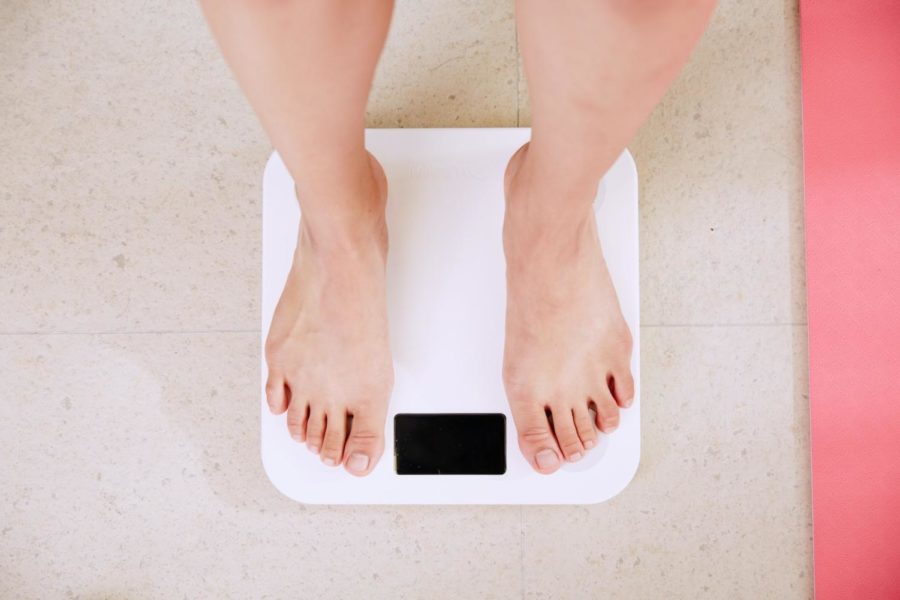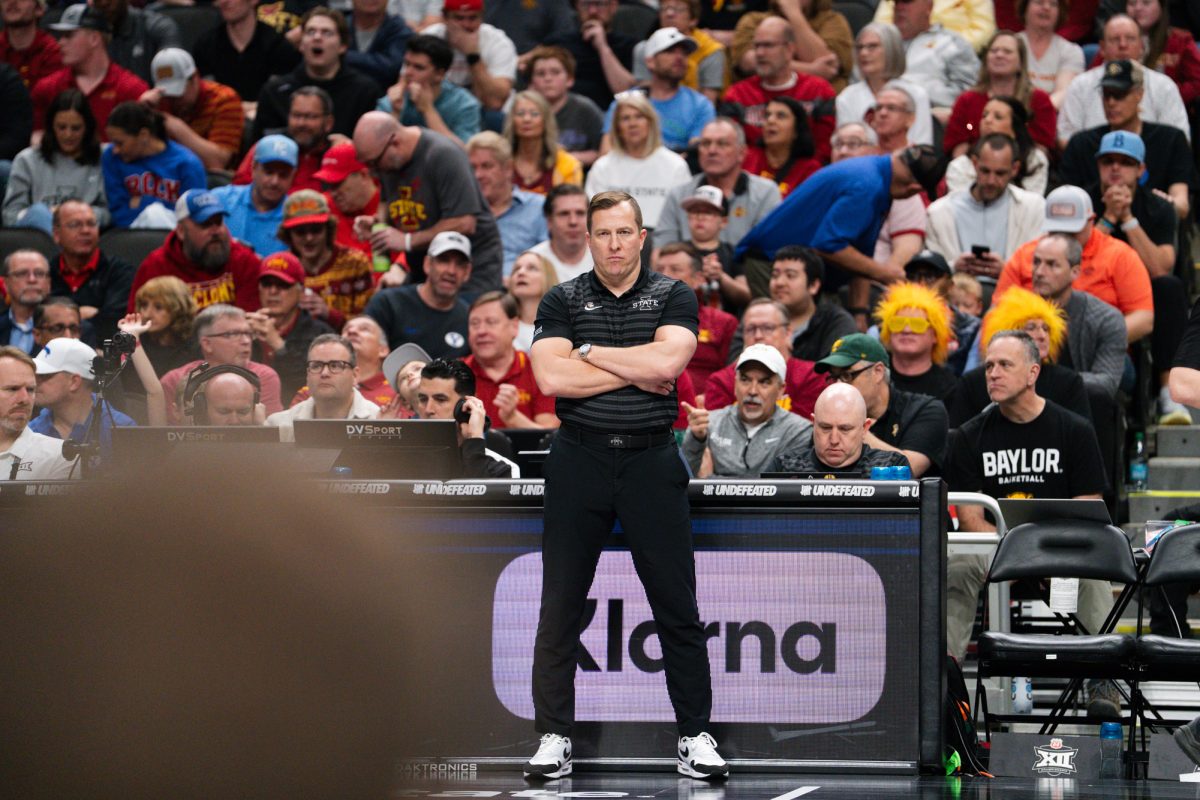Setting boundaries between diet culture and healthy eating
April 7, 2022
Dieting has always existed within society, but throughout the past few decades, the idea of diet culture has taken hold of the fitness and wellness industries.
For most, dieting seems like the most logical route to take when you want to lose a few pounds for an event or get in shape for the summer season. It can even be a stepping stone for beginning your journey into a healthier lifestyle. However, many of these diets can actually be more inhibiting to your health than one may believe.
“Everytime I hear the word ‘diet,’ it makes me cringe because it generally has to do with restriction and demonizing certain food groups,” said Jessie Glanz, a registered dietician. “There’s a reason the diet industry brings in so much profit, and that’s because diets really don’t work, especially in the long term, most of them aren’t sustainable.”
Creating a relationship with food that works for your lifestyle can be an incredibly challenging process. Often, individuals will turn toward fad diets or ways of controlling their dietary intake to try and create an easier path toward weight loss.
In trying to become healthier, it’s all too common that individuals find themselves in a much more detrimental relationship with food due to all the constriction that comes with most popular diets that are thrown around social media. These diets can start with simple ideas like cutting out or eating a minimal amount of certain food groups, which can lead to a much more complex situation surrounding obsession and insecurity about what we eat.
“I feel like a lot of people aren’t willing to talk about disordered eating because of how normalized we have made it,” said Jennessa Sharratt, a junior in dietetics at Iowa State. “So many of us think that bad thoughts about food are just a part of life and fail to recognize that this is a mental issue just as worthy of recognition as so many other conditions.”
In the media, we often see portrayals of women and disordered eating, but it is much less common to see the same with men. Even though we know that all genders struggle with eating disorders, it seems as though the issues men face have seen much less empathy or understanding and are sometimes even seen as healthy.
“A lot of times in the male population it’s like, ‘We have to hit those macros, and we can’t have this food because it’s going to add this amount of fat,’” said Glanz. “We don’t need to look at food as macros or micros, we need to see it as nourishing. Even if you eat a cookie, that’s still going to give you energy just like a four ounce piece of chicken would.”
In a world where men are expected to have minimal emotions and constantly be calm and collected, it can be difficult for some to vocalize where they are with their body image and confidence.
There has also been an uptick in the idea of “gym bros” or needing to bulk up as a man in order to be seen as strong enough. Though working out in a normal amount is good for the body, there can come a time when it becomes too much.
“For women, I feel that there’s an assumption that we generally aren’t ‘in love’ with our bodies, but for men there’s this idea that you’re an anomaly if you have an insecurity,” said Sharratt. “I think for some men it’s harder to admit these feelings in the fear of standing out.”
Counting calories and watching everything you eat has become such a common part of our societal dieting standards that, for some individuals, it can be hard to know when you have crossed the line from a healthy habit into something that is damaging. Overall health has more and more been shown to have so many factors besides weight that affects the individual, yet we still place it on a level of incredible importance.
“Even in my role as a cancer dietician, I see people who display signs of disordered eating, and they don’t even know,” said Glanz. “They think they are helping themselves and oftentimes it’s actually the opposite.”
Every individual will have a different relationship with food and health, and it is important to remember that what works for you may not be what works for everybody else. Consulting a dietician or physician and figuring out how your body works along with what you like can be the best combination to start figuring out a more healthy and balanced way to eat and live.
“There’s been a lot of talk about intuitive eating right now and mainly what that means is to focus on what you are craving,” said Glanz. “The idea is to eat what you want until you are full, and then if you still want that dessert, you can have it. I think if we avoid those foods and desserts we forget that food can provide us joy.”







